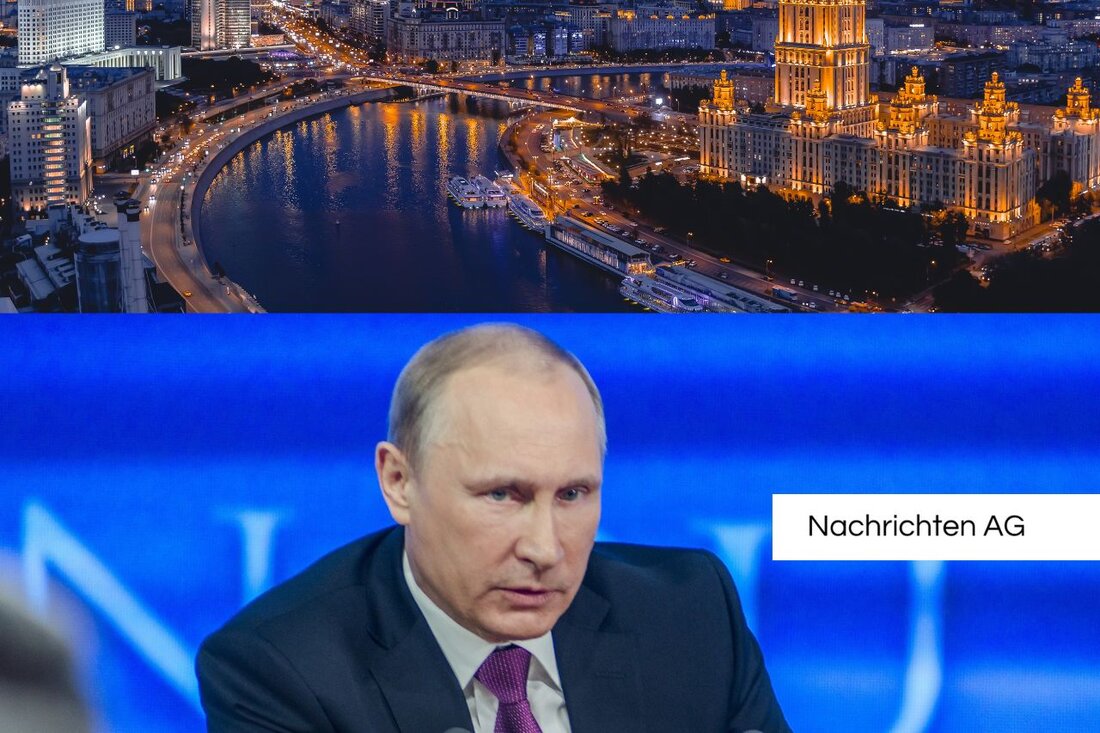Marcos' Return: A Look at the Philippines' Dark History
Discover the Philippines' political evolution since Ferdinand Marcos Jr.'s election in 2022 and its impact on human rights.

Marcos' Return: A Look at the Philippines' Dark History
The Philippines is more than ever the focus of political and social discussion. On May 9, 2022, Ferdinand “Bongbong” Marcos Junior was elected president, 36 years after his father, Ferdinand Marcos Senior, was overthrown in a popular uprising. The history of the Marcos dynasty is closely linked to the political development of the country. The senior ruled the Philippines from 1965 to 1986 and introduced martial law from 1972 to 1981, which led to massive human rights violations such as the killing, torture and imprisonment of opponents. His corruption is said to have robbed the country of $5 billion to $10 billion. Marcos Sr. died in Hawaii in 1989, and the family later returned to become politically active again, reports the taz.
“Bongbong” Marcos was politically active early on. At just 26 years old, he became governor of his home province and from 2002 he alternated in Congress and in the governor's office. His parliamentary career began in 2010 when he was elected senator. Today the book "From Marcos to Marcos. The Philippines since 1965" deals with the comeback and the political currents in the country. The partnership with Germany also plays a role, especially when it comes to labor migration, as around 385,000 Filipino seafarers are employed worldwide, which corresponds to around a quarter of the total ship crews.
Current human rights situation
But it is not just the political return of the Marcos dynasty that is remarkable. Under the presidency of Ferdinand Marcos Junior, the human rights situation remains tense. The AMP Human Rights Report 2024 documents the ongoing impunity and massive human rights violations since he took office on June 30, 2022. Although the Marcos Junior government always emphasizes its commitment to human rights, it continues the repressive policies of the previous Duterte administration. Under his leadership, drug-related murders remain alarmingly high.
The dysfunctional justice system remains, with only three convictions recorded in drug-related murder cases under Marcos Junior. Political persecution of human rights defenders creates a worrying situation in which, despite these abuses, the international community continues to deepen diplomatic relations with the Philippines. The geopolitical role of the Philippines in the Indo-Pacific region, especially with regard to tensions with China and Russia, is becoming increasingly important.
Future outlook
The Philippine George Eliot Society and the Action Alliance for Human Rights - Philippines, a coalition of several organizations including Amnesty International Germany and Bread for the World, are committed to improving the human rights situation. They recommend concrete measures to the government and international actors to protect the rights of human rights defenders.
As a guest of honor at the Frankfurt Book Fair 2023, the country presents itself as a cultural and political part of the international community. This mix of controversy and cultural exchange reflects the complexities and challenges facing the Philippines today.

 Suche
Suche
 Mein Konto
Mein Konto